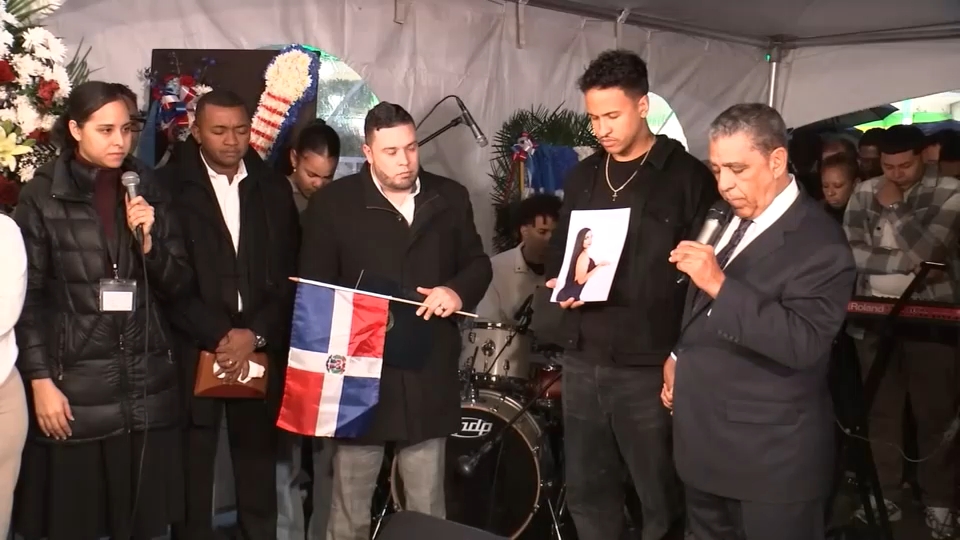Cost of EpiPen, life-saving allergy medicine, rises more than 400 percent

The rising cost of the life-saving allergy medicine EpiPen is forcing many families to make tough choices.
The maker of the EpiPen, a device used largely by children to ward off potentially fatal allergic reactions, has surged in recent years, particularly after the recall of its only competitor.
"Some patients have come back telling us that the EpiPen is not covered by their insurance," allergy expert Dr. Sherry Kazan said. "And as a result, they have to pay hundreds of dollars out of pocket for the cost of the EpiPen."
When the autoinjector was acquired by Mylan in 2007, a two-dose package cost less than $60. To the alarm of many parents, schools and doctors, that cost is now closer to $400.
A two-dose package has recently been selling for more than $365, according to data from Elsevier Clinical Solutions' Gold Standard Drug Database.
"It's not uncommon for somebody who requires EpiPen, for a child, to have them in many different places," mother Katie Badura said.
Mylan manufactured 87 percent of all epinephrine auto-injectors prescribed last year, which is more than 3.6 million EpiPen kits. Forbes estimates the cost of the actual medicine is about $1 per dosage.
"An increasing number of people and families are enrolled in high deductible health plans," the company said in a statement. "This shift has presented new challenges for consumers, and they are bearing more of the cost. But we recognize the need and are committed to working with customers and payors to find solutions to meet the needs of the patients and families we serve."
The increase comes amid controversy as several pharmaceutical companies have adopted a strategy of buying smaller drug companies, then hiking the prices of the drugs that those companies make. The most noticeable incident occurred when privately held Turing Pharmaceuticals - whose former CEO, Martin Shkreli, gave the pharmaceutical industry a black eye by hiking the price of a life-saving drug called Daraprim by 5,000 percent, to $750 per pill.






